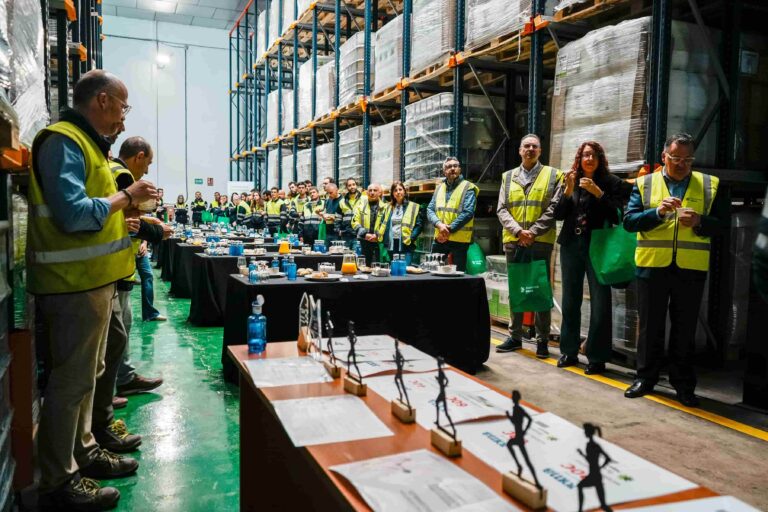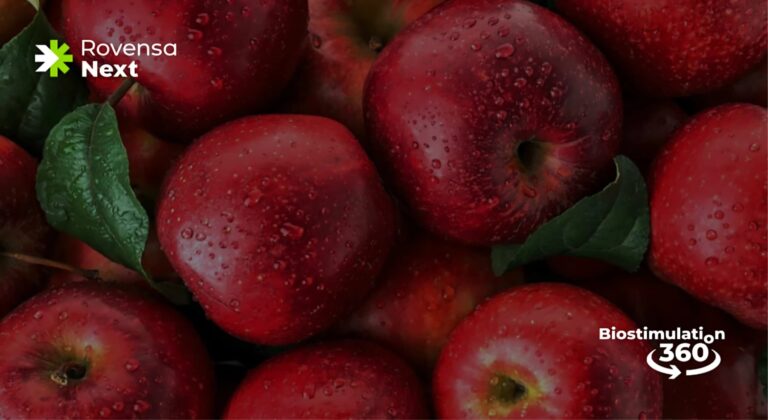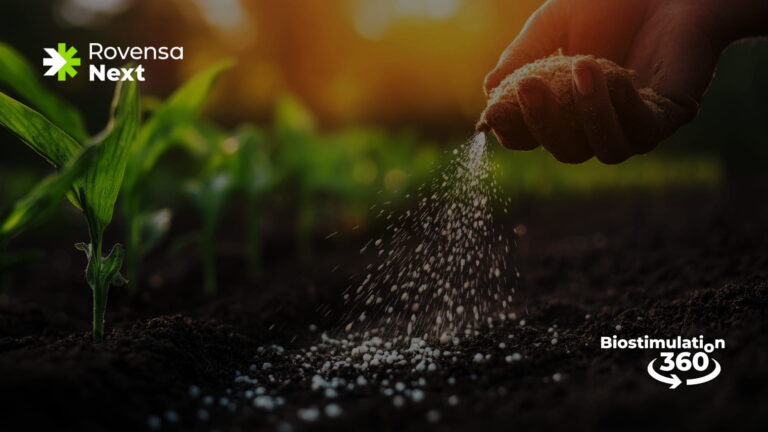Crops, like all living organisms, face numerous challenges in their quest for survival and growth. Growers try and mitigate these challenges as much as possible with the aim of maximising yield and quality to ensure a profitable harvest. With more and more frequency, we hear about “abiotic stress” and how it is increasingly having a negative impact on global crop production, and thus the profitability of growers. But what is abiotic stress, what role does it play in agriculture, and how can we best address it to protect crop yield and quality?
At Rovensa Next, we are experts on abiotic stress management and over a series of short articles, we will tackle all these questions and provide guidance for you as a grower, distributor or crop advisor to mitigate negative effects from abiotic stress. So, first things first – what is abiotic stress?
What is abiotic stress?
Abiotic stress refers to adverse conditions or factors that occur in the environment and affect plant or crop growth and development, without the direct involvement of other living organisms. This lack of involvement of other living organisms in abiotic stress, be it insects, diseases or weeds is a fundamental defining concept when we talk about abiotic stress. The lack of involvement of these “living” organisms has practical, as well as legal implications, when it comes to the definition of product types, both in terms of crop agronomic programs, as well as national legislation that categorise different types of agronomic products into different categories.
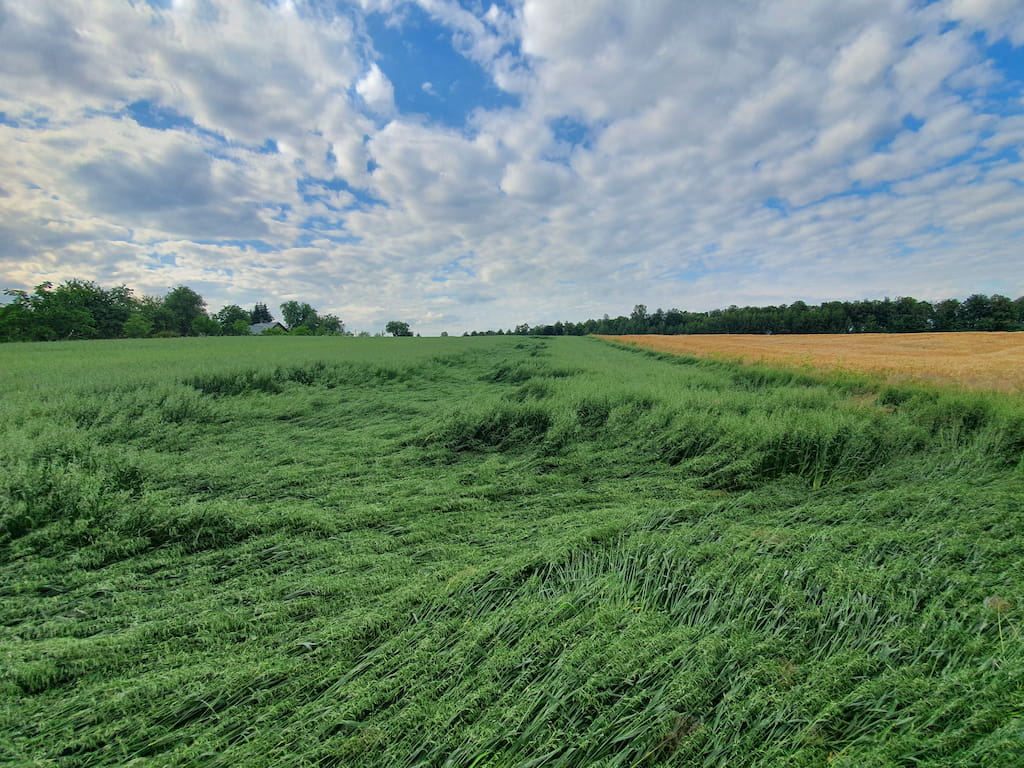
What are the main groupings of abiotic stress that affect crop production?
As can be seen from the most common examples above abiotic stressors can be grouped into three main categories, real everyday examples, that can affect yield and quality, among others:
Weather-related stress
- Extreme hot or cold temperatures, particularly when they occur out of usual seasonal cycles
- Drought / flooding (which leads to hypoxia or lack of oxygen to roots)
- Light / UV / solar radiation excess or deficit
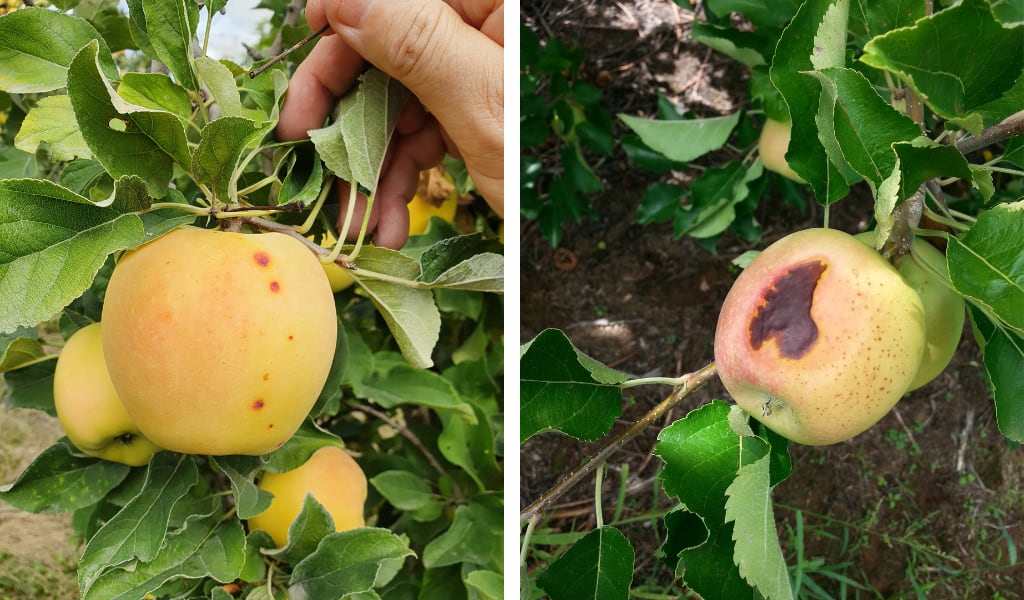

Growth-related stress
- Internal nutrient excesses or deficiencies
- Internal crop stress generated by changing growth stage (e.g. from vegetative to reproductive)
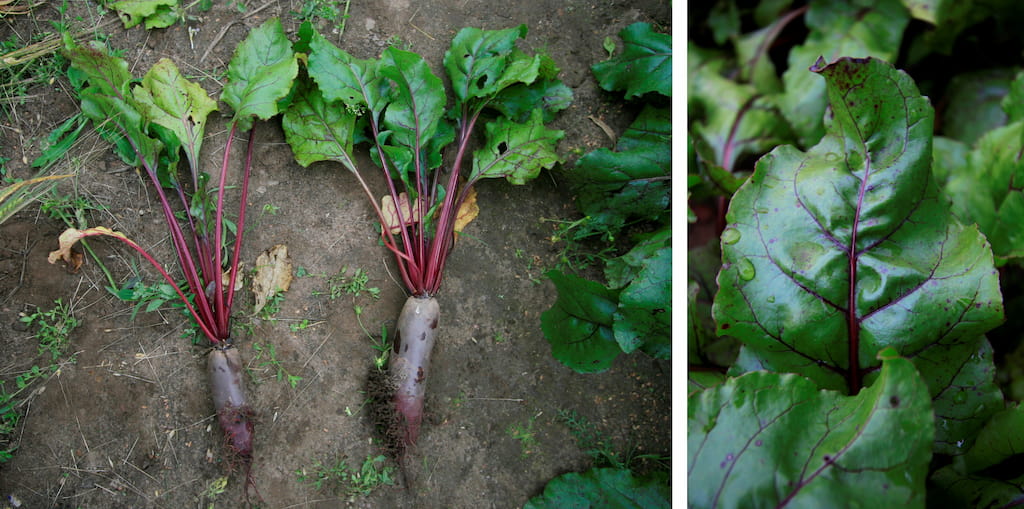
Agronomic management-related stress
- Salinity / sodicity
- Heavy metals
- Environmental pollutants, and other non-living factors
- Agronomic practices such as machinery use and those that results in soil compaction
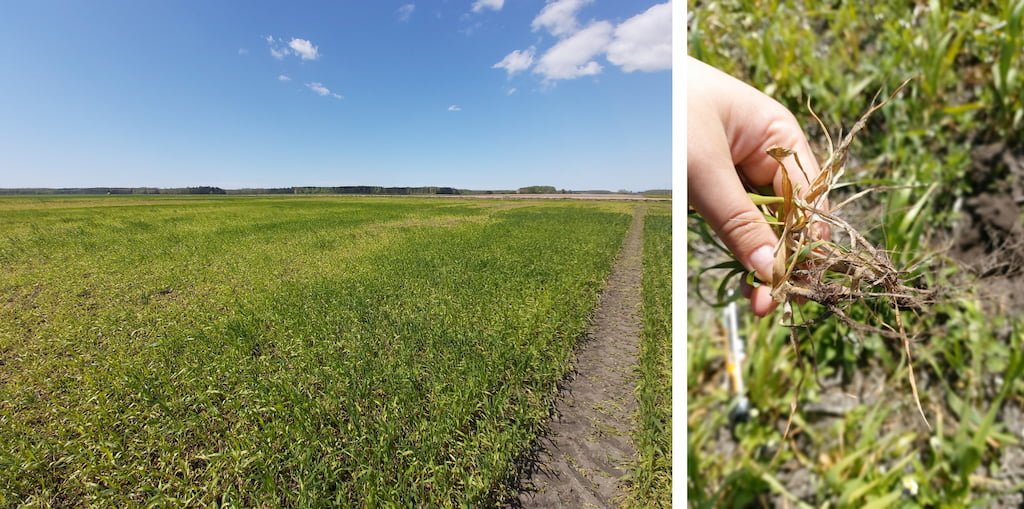
Without a doubt, the impact of weather-related abiotic stress has increased substantially in recent years because of the ongoing climate breakdown. As Global Climate patterns continue to change, and human activities exert more pressure on the environment, understanding and mitigating negative abiotic stress effects in crops is becoming increasingly important to both producers and consumers. Better management of these abiotic stresses will help ensure sufficient crop production to continue to feed the planet, while also aiding this food to be produced by growers in an even more sustainable manner.
In the next article, we examine the main types of abiotic stress that affect crop production and highlight some of the key impacts of each.


